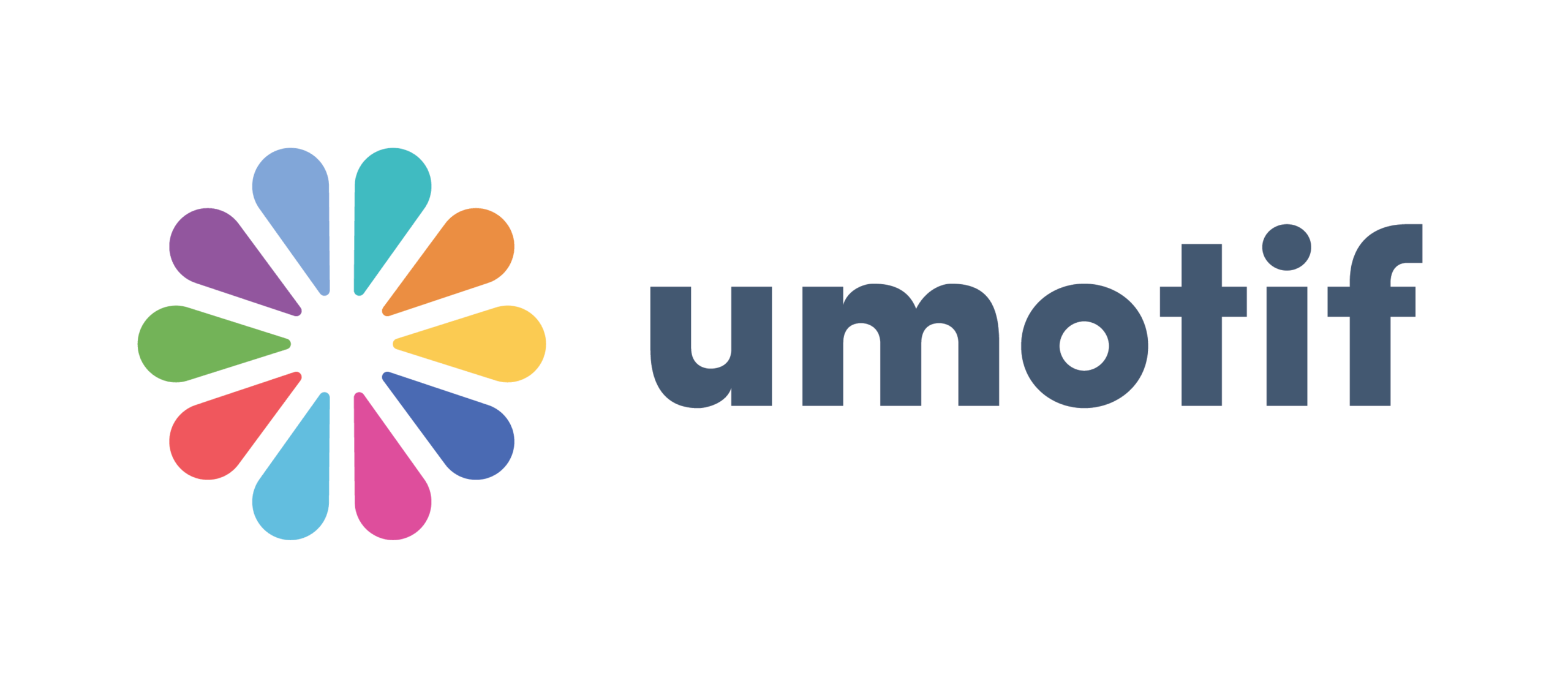Join us for the panel discussion “Enrolling Patients, Maintaining Engagement, and Tracking Cognition in Clinical Trials,” as we delve into the evolving challenges and strategies in trials involving cognition—particularly those related to Alzheimer’s disease—and how clinicians can better support the recruitment process. This session will address the urgent needs of clinical trial sponsors to recruit and screen candidates effectively, the increasing reliance on decentralized methods for participant screening and monitoring, and the transition from traditional paper assessments to innovative digital solutions. We’ll explore ways to enhance collaboration among clinicians and coordinators, improve patient enrollment and compliance, ensure informed consent, and boost the accessibility of cognitive testing technologies.
Speakers

Audrey Gabelle, MD, PhD, Professor of Neurology, Cognitive Neurologist and Doctor in Neurosciences, Montpellier Excellence Center of Neurodegenerative Disorders
Dr Audrey Gabelle is a full-time Professor of Neurology, MD, PhD, Cognitive Neurologist and Doctor in Neurosciences, in the Montpellier Excellence Center of Neurodegenerative Disorders. A Behavioral Neurologist by training, she developed research projects on biomarkers for diagnosis, prediction and prognosis with European and International academic and pharma partners. She is a specialist of early detection, risk stratification, prevention and personalized medicine for Alzheimer’ disease and related disorders with 10+ years of clinical trials (phase I-IV) expertise. She managed clinical and research centers and is past president of the french memory centers network (400+ memory centers). Recently she spent 2 years in Biogen Digital Health (Cambridge, US) working on digital screening tools and personalized medicine for targeted drugs in AD.

Bruce Hellman, Chief Patient Officer and Co-Founder, uMotif
Bruce Hellman is uMotif’s entrepreneurial leader and co-founded the company in 2012. He and his team have designed and built the uMotif patient-centric data capture platform powering site-based to fully decentralized clinical, real-world, and post-marketing research. Bruce began his career working in clinical trials at British Biotech before joining the UK Civil Service Fast Stream in the Department for Culture, Media and Sport. Prior to founding uMotif, Bruce was a Management Consultant at Serco and holds an Executive MBA from Imperial College Business School.
Bruce was recognized in the 2019 PharmaVOICE 100 as one of the most innovative entrepreneurs in life sciences and has also been nominated as one of Computer Weekly’s UK Tech50 Rising Stars, won the Cisco BIG awards, and was nominated by Real Business magazine as one of the ’30 to watch in mobile’.

Murray Gillies, PhD, Vice President for Science and Innovation, MoCA Cognition
Dr Murray Gillies has a PhD in Physics from the University of Glasgow. He worked at Philips Healthcare for 25 years in various innovation roles, the most relevant being setting up of a new business in digital health to create a SaMD, class II medical device, for neurologists to assess the cognitive performance of their patients. After Philips, he joined Biogen Digital Health where he led the solutions group for digital tools for HCPs. He is now Vice President for Science and Innovation at MoCA cognition and responsible for the creation of their digital tools.
Who Should Attend?
- Health care professionals working in cognition and/or the elderly
- Principal investigator
- Clinical trial manager
- Clinical coordinator
- Academic researcher
What You Will Learn
The following topics will be discussed:
- Understanding Day-to-Day Challenges in clinical trial recruitment: Recognizing the practical challenges faced by clinicians and clinical trial coordinators in cognitive testing, such as variability in patient responses and logistical issues.
- Enhancing Team Collaboration: Exploring strategies for improving mutual support between clinical trial coordinators and clinicians to achieve trial objectives efficiently.
- Leveraging Digital Tools: Discussing the potential of digital cognitive testing tools in enhancing clinical trial processes and improving candidate identification.
- Improving Trial Participation: Identifying methods to maximize patient enrollment, engagement, and compliance in trials that use remote cognitive assessments.
- Clarifying Consent Processes: Ensuring clarity in the consent process for remote cognitive trials, particularly for participants experiencing cognitive decline, emphasizing comprehension and voluntariness.
- Accessibility of Technology: Examining steps to make remote cognitive testing technology accessible and user-friendly for all patients, regardless of their cognitive abilities or tech literacy
Xtalks Partners
You Must Login To Register for this Free Webinar
Already have an account? LOGIN HERE. If you don’t have an account you need to create a free account.
Create Account

